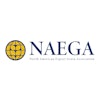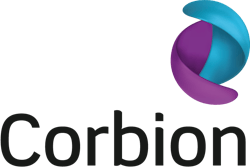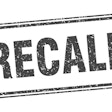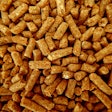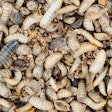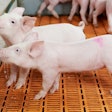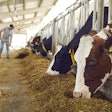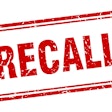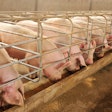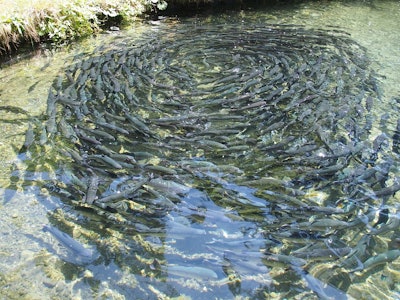
As the cost of fish meal and oil continues to increase, U.S. aquaculture producers are adding more plant-based feed to their diets.
While soybeans, rice and other plant proteins are a plentiful and comparatively cost-effective feed source, wet conditions at harvest, storage or shipment can be conducive to mold and mycotoxins. If left unchecked, mycotoxins can affect fish growth as well as the quality of the seafood product.
Fortunately, aquaculture producers have a tool to help them reduce moisture in feed, thus helping reduce mold growth. Mold growth can lead to harmful mycotoxin production. AB20® nutritional specialty product, from Phibro Animal Health Corporation, is a bentonite adsorbent that contains hydrated sodium and calcium aluminosilicates to help lower moisture in feed and improve feed quality by binding moisture. Lower moisture in grain reduces the potential for mold growth, and lowering mold growth in feed improves its quality.
This is important when you consider that some molds produce a harmful range of mycotoxins. By feeding AB20 daily, replacing the contaminated feedstuffs with mycotoxin-free ingredients and monitoring for symptoms, aquaculture producers can help their aquatic species get back on track.
“Mycotoxins are a natural contaminant, and some can be harmful to livestock and aquatic species alike,” says Paulo Rezende-Napier, product director for Phibro Animal Health Corp. “High moisture in raw materials can lead to mold concentrations which can, in turn, create mycotoxin challenges in feed.”
Fish and shrimp that consume mycotoxins may exhibit signs of mycotoxicosis, including reduced growth rate, lower weight gain, higher mortality rates and damage to vital organs (including kidneys, hepatopancreas, intestine, nervous system or reproductive tract).
Research Shows Effectiveness of AB20
Phibro conducted a series of in vitro binding studies to measure the impact of AB20 and other adsorbents on the most common and costly mycotoxins in aqua — aflatoxin B, zearalenone, deoxynivalenol (DON) and fumonisin.
The mycotoxin and four different adsorbents, including AB20, were incubated in a pH3 buffered solution, representing typical feed inclusion rates. Each adsorbent and bound toxins were then subjected to a pH 6.5 buffered solution to mimic the pH changes of a monogastric digestive system. Those toxins not tightly bound by adsorbents were released, indicating they may be available to cause toxicity within aquaculture species.
Throughout the study, the tested adsorbents’ effectiveness differed by mycotoxin. AB20 exhibited superior performance on aflatoxin B, DON and fumonisin at a pH of 3 compared to the other three competitive products tested. When pH was raised to 6.5, AB20 retained higher concentrations of aflatoxin B and DON compared to the other three competitive products tested, retaining half of the available zearalenone and more than 20% of the available fumonisin.
“These results show that aquaculture producers who add AB20 to their diets can significantly help reduce threats to their fish or shrimp, and help safeguard their bottom lines,” said Mark Pierson, North American Region Aquaculture Business Manager for Phibro.
AB20 is supported by Phibro’s rigorous Dynamic Quality AssuranceÒ program, which helps maintain the efficacy and consistency of Phibro products.
Phibro’s aquaculture products and expertise help customers meet growing global demand for high-quality protein, while contributing to a more sustainable world by alleviating pressure to harvest wild fish. Phibro offers a broad portfolio of safe, effective products to deliver customized, effective health management solutions to producers of warm- and cold-water species alike.

